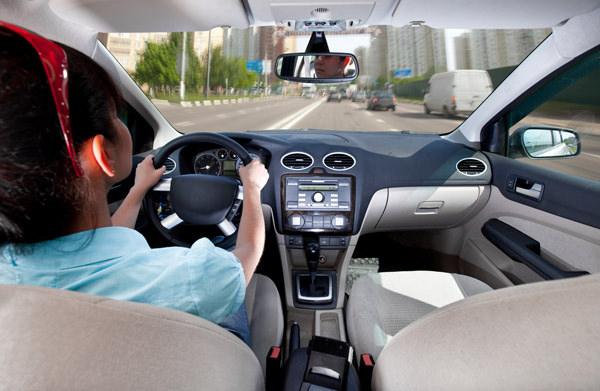
There’s no doubt that driving is stressful, even if you’re an experienced driver. Just because you know how to drive, have been driving for years, and consider yourself the only one on the road who actually knows how to drive, you will feel stressed out behind the wheel, if not every day, at least once in a while. And, any driving stress is taking a toll on your body, whether you realize it or not.
Check Out: Back-to-school car accessories
Citing research from University School of Medicine in Saint Louis and the Cooper Institute in Dallas, Time writer Carolyn Kylstra reports that your blood sugar will rise if you clock in more than 10 miles one way.
“The same report in The American Journal of Preventative Medicine found that the 10-mile one-way drivers were also associated with higher cholesterol levels among commuters,” Kylstra writes. “Scary stuff since cholesterol is a warning sign for heart disease.”
The chances of social isolation, anxiety, and depression also increase in drivers who log 10 miles to and from work or school, according to the research.
The pressure of rush hour can unnerve even the most-practiced, level-headed driver.
“Commuting during rush hour — especially when you’re concerned that you may be late to work or to an important meeting — can result in temporary spikes in stress levels that jack up your blood pressure, even if it’s normally stable,” Kylstra writes.
And rush hour exposure isn’t the only drive time that impacts your blood pressure.
Learn More: How to protect your car from thieves
“A study of 4,297 Texans found that the farther the participants lived from where they worked — the longer their commutes — the higher their blood pressure was. High blood pressure over time is a major risk factor for heart disease and stroke,” Kylstra reports.
News Source: Time








